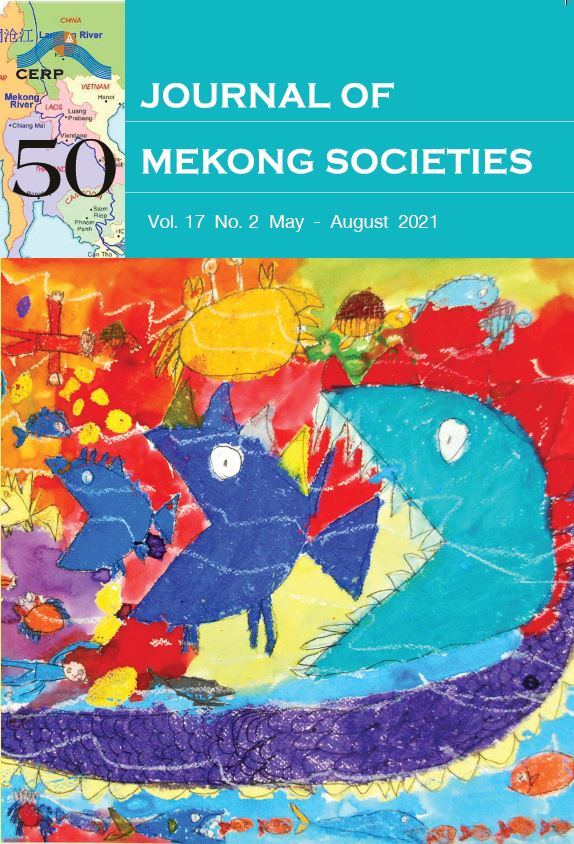“Desire” and International Migration of Isan Villagers
Main Article Content
Abstract
This article examines the desire for transnational migration with a focus on the subjective experiences, expectations, and realities that Isan villagers have encountered, and how their desire is formed. Employing qualitative methodology, this research collected data from in-depth interviews with 26 key informants in Baan Sawang village, whose residents have migrated to work or live overseas in the past 30 years. The key informants include 16 Isan villagers who have worked or lived overseas, four community leaders and local wisdom specialists who have knowledge of their community contexts and the history of international migration in the village, and six household members of the migrants. The analysis employs
Deleuze and Guattari’s concept of the desiring-machine. We argue that the desires for working/living overseas among villagers have been produced continually through the ongoing social interactions in their lives. The conditions that contributed to the desiring-production of working abroad were economic, political, socio-cultural, and individual. Perspectives on lifestyles, the opportunity to travel, and aspiration for a better life also contributed to the driving forces that constantly steer villagers toward working overseas. Our analyses seek to provide a new approach in migration studies that pays attention to the subjective conditions of migrants.


